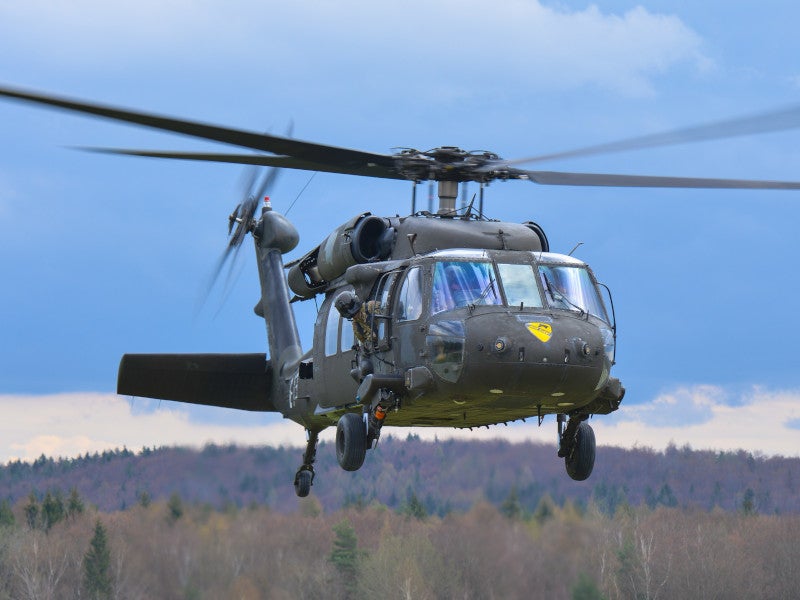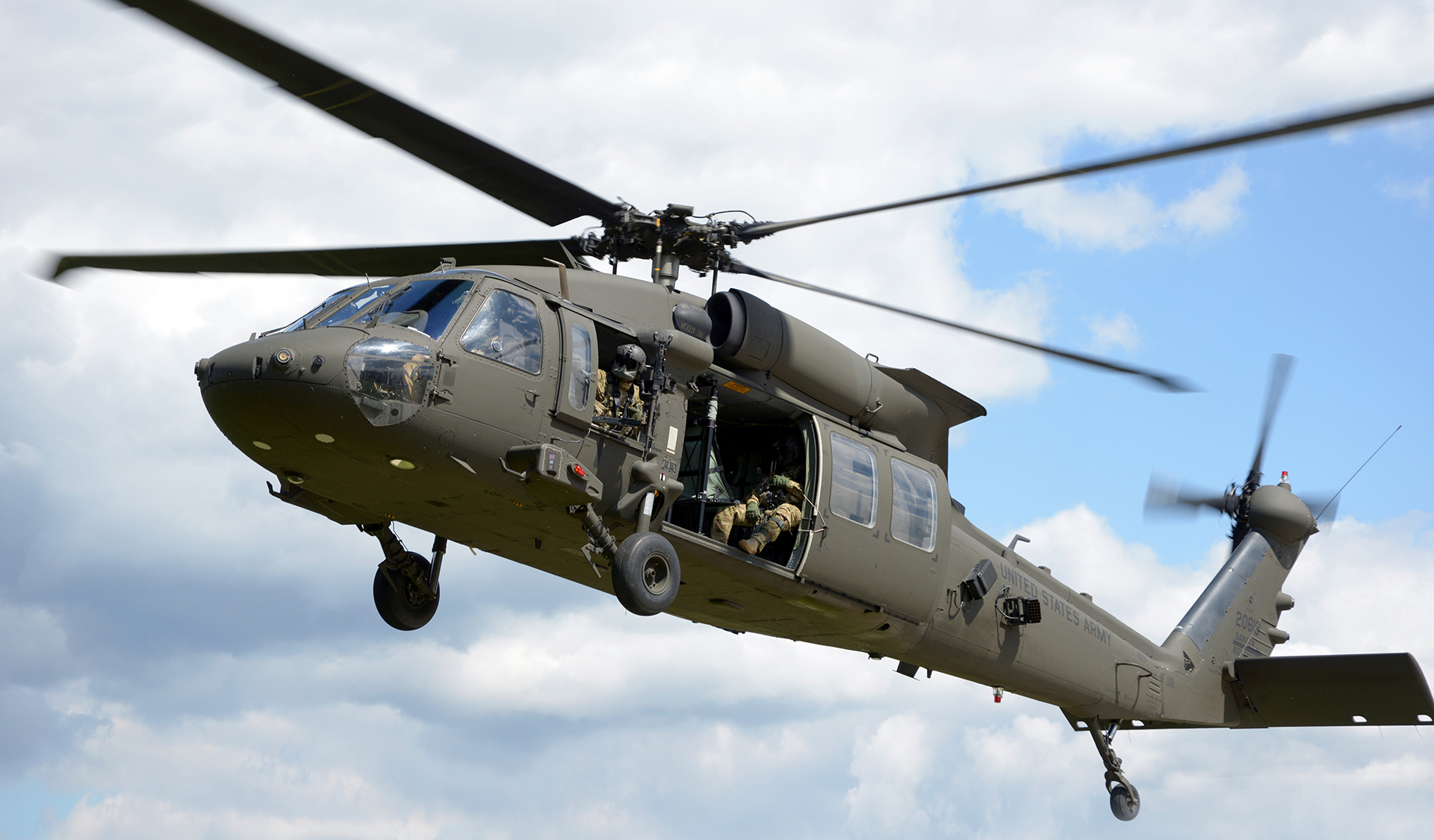UH 60 Helicopter: Advanced Avionics and Battle Solutions
UH 60 Helicopter: Advanced Avionics and Battle Solutions
Blog Article
The Impact of Lasting Practices on the Future of Airplane Procedures and Emissions Decrease
As the aviation market deals with raising examination over its ecological effect, the adoption of sustainable practices becomes an essential pathway towards future aircraft procedures and exhausts decrease. Advancements in sustainable aviation fuels and developments in hybrid propulsion modern technologies stand at the center of this makeover, encouraging significant decreases in greenhouse gas discharges. Nonetheless, the successful assimilation of these efforts hinges on a variety of elements, including regulatory frameworks and market collaboration. The question stays: just how will these developing methods reshape the characteristics of flight and add to a more sustainable future?

Summary of Lasting Practices
Sustainable practices in aircraft operations encompass a variety of approaches intended at reducing ecological impact while keeping operational effectiveness. These techniques are crucial in the aviation industry's dedication to decreasing its carbon footprint and adhering to global ecological requirements. Trick efforts consist of enhancing flight paths to lower fuel consumption, enhancing upkeep methods to make sure aircraft operate at peak performance, and carrying out advanced technologies such as winglets and lightweight products that improve aerodynamics.

Training and engaging staff on sustainability practices additionally play a vital role, promoting a culture of environmental duty within organizations. Generally, the integration of these lasting practices not only helps lower emissions however additionally enhances the lasting viability of the air travel field, ensuring it satisfies the demands of both consumers and regulative bodies while contributing to international sustainability goals.
Ingenious Gas Alternatives
Countless ingenious fuel choices are becoming critical remedies to reduce the air travel market's dependence on standard nonrenewable fuel sources. Amongst these alternatives, Lasting Aeronautics Gas (SAFs) have gained considerable focus because of their possible to lower lifecycle greenhouse gas emissions by as much as 80% compared to traditional jet fuels. SAFs are obtained from different feedstocks, consisting of waste oils, farming deposits, and also algae, making them a flexible choice for the market.
One more promising option is hydrogen fuel, which, when utilized in gas cells, produces just water vapor as a result. Additionally, electric propulsion systems are being explored, leveraging battery technology to power aircraft.
Lastly, biofuels originated from biomass are being examined, providing a sustainable alternative that can be blended with standard gas. Collectively, these cutting-edge fuel options stand for a vital step toward attaining a sustainable aeronautics community, lining up with worldwide discharges decrease targets and improving the industry's environmental stewardship.
Technical Improvements in Air Travel

How can technological improvements improve the future of aeronautics? Technologies such as hybrid and electrical propulsion systems are at the leading edge, encouraging considerable decreases in fuel usage and greenhouse gas exhausts.
Additionally, the implementation of innovative products, such as lightweight compounds, contributes to boosted redirected here the rules of aerodynamics and gas effectiveness. The usage of expert system and equipment knowing in trip procedures enhances path planning and minimizes fuel burn by making it possible for real-time adjustments based upon weather and web traffic problems. Additionally, the development of autonomous and remotely piloted airplane systems stands to transform cargo and passenger transportation, possibly boosting performance while reducing human error.
In addition, sustainable aeronautics modern technologies, including advanced air web traffic administration systems, can reduce and improve operations blockage, resulting in reduced exhausts during trip. These advancements collectively stand for a paradigm shift in aviation, promising a future where sustainability and operational efficiency are linked, thereby sustaining the sector's commitment to decreasing its ecological influence.

Regulative Framework and Conformity
Taking into account the growing emphasis on ecological stewardship within the aeronautics field, the regulatory framework controling aircraft procedures is developing to advertise sustainable techniques. Regulative bodies, such as the International Civil Aviation Company (ICAO) and various nationwide air travel authorities, are introducing strict guidelines focused on decreasing discharges and enhancing functional performance.
These guidelines usually consist of the fostering of Sustainable Air travel Fuel (SAF), which has been recognized as an essential part in attaining lower carbon footprints. Compliance with these laws requires airlines to carry out functional practices and advanced innovations, such as maximized trip paths and enhanced air web traffic management, to minimize fuel consumption.
In addition, the enforcement of discharges trading schemes and carbon balancing out initiatives is coming Recommended Site to be progressively prevalent, compelling airlines to keep an eye on and report their discharges accurately. Non-compliance can lead to considerable charges, therefore pressing drivers to focus on sustainability in their service designs.
Inevitably, the advancing governing landscape not only drives technology and financial investment in environment-friendly modern technologies but likewise fosters a culture of accountability within the air travel industry. As these frameworks remain to establish, the focus on sustainable techniques will be important to attaining the market's long-term ecological goals.
Future Trends in Aircraft Operations
As the air travel industry adapts to a significantly strict regulative environment, future trends in aircraft operations are established to concentrate on ingenious services that further boost sustainability and effectiveness - uh 60. Trick developments will likely include the adoption of sophisticated air click to read more traffic monitoring systems, which use real-time data and expert system to enhance flight courses, minimizing fuel consumption and exhausts
One more substantial fad is the increased combination of lasting aviation gas (SAFs) These choices to standard jet gas, stemmed from sustainable sources, can dramatically reduce lifecycle greenhouse gas emissions. The sector's dedication to SAFs will likely speed up as airlines team up with fuel manufacturers to guarantee schedule and cost-effectiveness.
Furthermore, the press in the direction of electrification and hybrid propulsion systems is getting energy. Arising airplane styles will certainly integrate these modern technologies, using quieter and a lot more effective procedures, especially for short-haul trips.
Conclusion
In verdict, the integration of lasting practices in aircraft procedures holds significant capacity for emissions reduction and enhanced effectiveness. The fostering of sustainable air travel gas, combined with innovations in hybrid and electrical propulsion systems, is essential for lessening lifecycle greenhouse gas emissions. Additionally, maximizing trip paths and embracing ingenious modern technologies contribute to a quieter and much more eco-friendly air travel sector. Jointly, these initiatives straighten with international sustainability objectives and lead the way for a greener future in aviation.
Technologies in sustainable air travel fuels and advancements in hybrid propulsion technologies stand at the center of this makeover, encouraging substantial reductions in greenhouse gas discharges.Countless innovative gas options are emerging as essential remedies to reduce the aeronautics sector's reliance on conventional fossil fuels - uh 60. Amongst these choices, Lasting Air travel Fuels (SAFs) have obtained substantial interest due to their prospective to decrease lifecycle greenhouse gas emissions by up to 80% contrasted to traditional jet fuels.An additional considerable trend is the increased assimilation of sustainable aviation gas (SAFs) The adoption of lasting air travel fuels, paired with improvements in electric and hybrid propulsion systems, is vital for reducing lifecycle greenhouse gas exhausts
Report this page